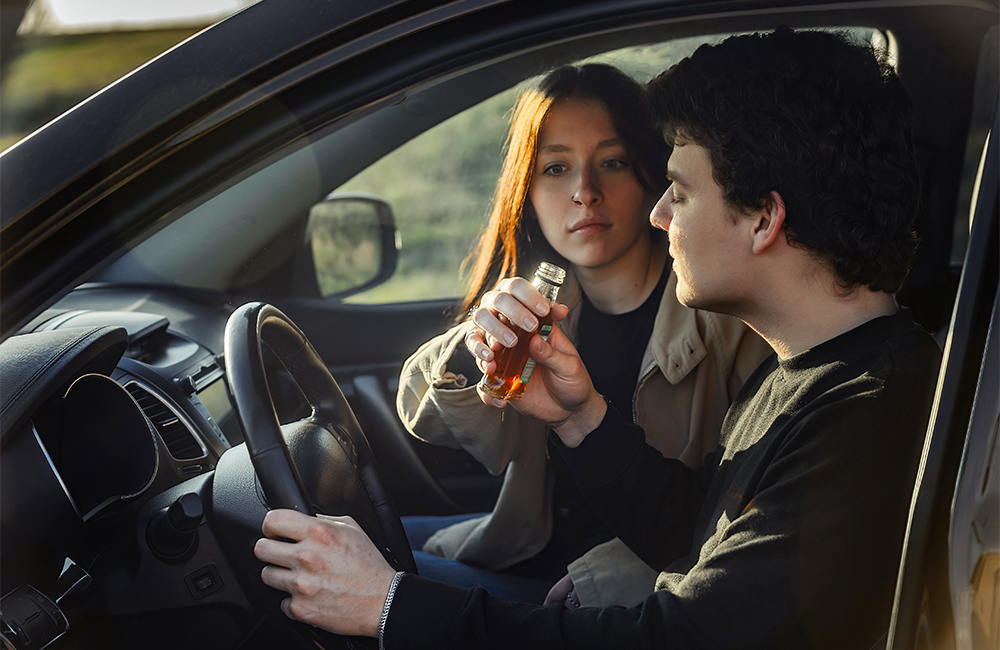By Sara Brown

Amber Smith had a lot going for her — a beautiful body and a modeling contract in Paris at just 19 years old. But the actress and model had something else, too: an addiction to opiates and alcohol that hindered her for many years.
“I was so foggy,” she said.
Finally, she decided to seek help.
Smith appeared as a cast member during the second season of the VH1 television show “Celebrity Rehab,” which depicted her 16-year struggle with opiate and alcohol addiction. She subsequently appeared in the 2009 series “Sober House,” a “Celebrity Rehab” spin-off focusing on a sober living environment.
While she said her time on “Celebrity Rehab” was enlightening, it was still just touching the surface of her problems.
“I thought I knew what was going on,” she said. “I thought I was just an opiate addict.”
Even though she was sober, however, Smith wasn’t living a fulfilled life.
“There was a time when I was sober that I thought if this is what sober is like — being around people that make me feel like this and I can’t do anything about it — then I want nothing to do with being sober.”
That sentiment led Smith to realize that her biggest problem wasn’t an addiction, it was codependency.
Codependency exists when a person is controlled or manipulated by another. The person in control is usually affected by a pathological condition, most often narcissism or drug addiction.
Smith found that while she wasn’t abusing drugs anymore, she was still welcoming toxic influences into her life.
“I’m attracted to narcissistic personalities that bully me and make me feel like nothing,” she said.
Once she understood her codependence, it didn’t surprise Smith that she abused opiates.
“I have trouble with boundaries. Opiates keep me numb and prevent me from making boundaries,” she said. “I never realized I had a co-dependent personality because, to be honest, when I was using I was too busy being hammered to have any friends.”
But in sobriety, Smith soon realized she needed to make a change.
“I was complaining to my sober coach one day, saying everyone in my life takes advantage of me. My coach finally said, ‘No, it’s you. You make people take advantage of you. You set yourself up,’” she recalled. “I never thought about it like that before. He was right. It suddenly clicked for me.”
She soon started attending Codependents Anonymous meetings.
“While I was technically sober, I wasn’t living an emotionally sober life. I still had abusive influences in my life,” Smith said.
Smith now speaks around the country about the dangers of co-dependency.
“We all know how dangerous it can be to be an alcoholic or an opiate addict, but being co-dependent is just as dangerous,” she said.
“Co-dependents live terribly miserable lives. They often end up alone, and some of them commit suicide.”
Smith said for many years, therapists did not want to treat co-dependents.
“It was often referred to as ‘nice person’s disease.’ The thought was that this person likes to help out others, so why would I teach them not to be like that?” she said.
However, co-dependents’ actions don’t come solely from the goodness of their hearts.
“Trust me, co-dependents have their own manipulation, too,” Smith said. “You might think they are helping you out because they are just a good person. It’s more than that. They are getting something out of it. That’s where they get their self-esteem from. They like to be the friend that is always there for everyone, but no one is there for them. We live to be bleeding hearts.”
Her advice to co-dependents who want to seek help is to first admit their problem to themselves.
“We tell ourselves a lot of lies. When we are with someone who is toxic, and they make us feel down about ourselves, we start to think, ‘Maybe I am doing it. Maybe it’s my fault.’ We are good at taking the blame,” she said. “Understand you have been telling yourself a lie.”
Then, take steps to end harmful relationships.
“You need to start saying goodbye to the toxic people and start developing boundaries. It isn’t mean to love yourself and say no to people sometimes,” Smith said.
However, that can be hard. Learning to say no is something that Smith still needs to practice every day.
“I have these neighbors who I hang out with often. They are great people. Sometimes I have to say no to them, that I can’t hang out,” she said. “Because I am who I am, I feel really guilty about it. I am learning to let it go.”
Check out more from Amber’s photoshoot with Renew Magazine.



No responses yet